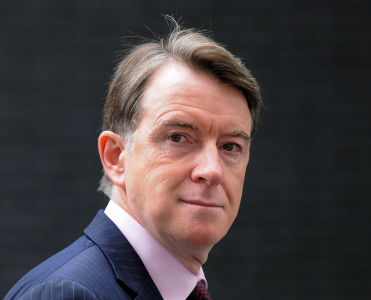The anti-money laundering action plan presented by the European Commission today is high on generalities but low on specifics, according to Transparency International EU, the Brussels office of the global movement against corruption.
Today’s action plan builds on a 2019 communication in which the Commission noted that “risks of money laundering and the financing of terrorism remain a major concern for the integrity of Union’s financial system and the security of its citizens. According to Europol, as much as 0.7-1.28% of the European Union’s (EU) annual Gross Domestic Product is ‘detected as being involved in suspect financial activity’.” It suggested greater harmonisation of EU legislation and reinforced EU-level supervision could be required.
Today’s action plan adds little to what was announced last year. The option of setting up an EU supervisory body was left open, but there were few concrete details as to what it might look like. The possibility of granting supervisory powers to the European Banking Authority (EBA) is still on the table which is hardly credible in light of revelations last year that the EBA board tried to cover up possible breaches of the law by member states in the Danske Bank case.
Transparency International EU believes the only possible scenario for effective supervision is the creation of a fully independent body with adequate resources and real powers. These should include the direct authority to investigate and sanction individual institutions that fail to comply with anti-money laundering obligations, particularly in cross-border cases.
Laure Brillaud, Senior Policy Officer at Transparency International EU, said: “This action plan is disappointing – especially given that recent investigations at Swedbank and elsewhere revealed the massive scale of money laundering in the European banking sector. Urgent and effective action is more important now than ever, with the COVID-19 pandemic leading to a marked increase in criminal activity involving cross-border financial flows.“
Transparency International EU welcomes the fact that the action plan highlights the need for effective implementation of existing measures as a precondition for strengthening the fight against money laundering. “While stronger legislation and better EU supervision remain a priority, it is also essential that member states implement the rules they have already voted for in Brussels. It is unacceptable that four months after the deadline for the transposition of the 5th anti-money laundering directive, only a handful of member states have created publicly accessible registers of so-called ‘beneficial owners’ as required by the directive,” continued Brillaud.
Finally, Transparency International EU supports the action plan’s proposal to better link the issue of money laundering prevention with the recovery of stolen assets. Brillaud added “Preventive measures must go hand in hand with effective law enforcement. Only by seizing criminal assets can we prevent the EU from becoming even more of a safe haven for money launderers and criminals. Stolen assets should be traced, frozen, confiscated – and, if we’re talking about public money, returned to the country they were stolen from. At the moment, it is estimated that only 1.1% of criminal proceeds are actually confiscated. The COVID-19 crisis only adds urgency to the need to recover stolen money.”
Notes to editor
[1] on the recent investigation on Swedbank see: https://www.transparency.org/news/pressrelease/swedbank_dirty_money_dealings_money_laundering_supervision
[2] on money laundering risks related to the COVID crisis see: https://voices.transparency.org/covid-19-perfect-storm-for-the-corrupt-c42eb9dfc234




